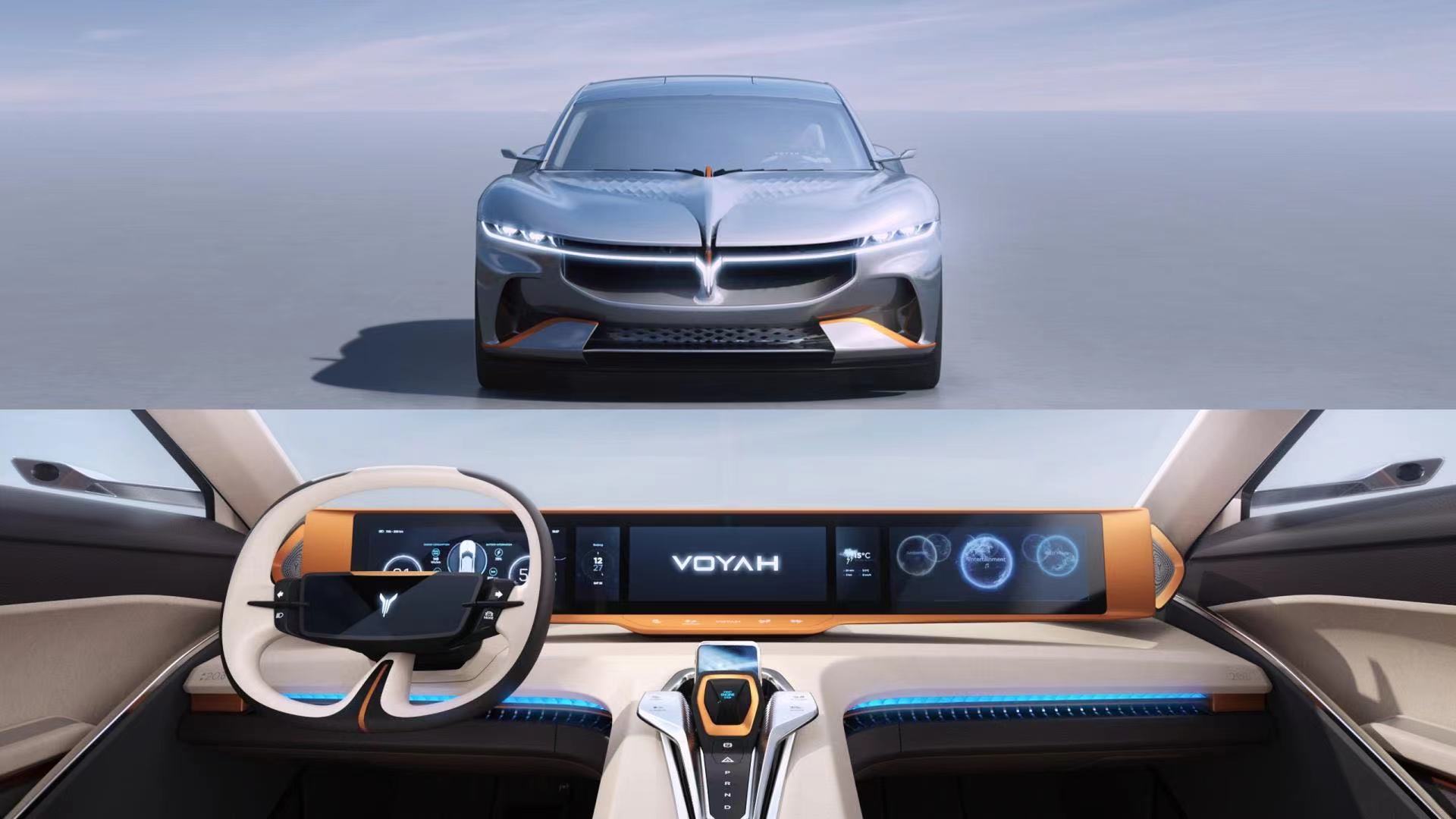China will cut subsidies for private new energy vehicles (NEVs) by 30% in 2022 and phase out all subsidies by the end of this year, the Ministry of Finance said on Friday, December 31, 2021. Subsidies for public transportation and logistics vehicles will receive a smaller cut of 20%, and then also be eliminated before 2023, according to the announcement.
Under the new policy, pure electric passenger cars priced under RMB 300,000 (USD 47,200) will receive a subsidy between RMB 9,100 (USD 1,437) and RMB 12,600 (USD 1,982) this year. All subsidies will be terminated by January 1, 2023.
China is the world’s largest auto market. The government has been subsidizing the NEV industry since 2009 and has spent over RMB 140 billion (USD 22 billion) by the end of 2021, according to the Ministry of Finance. The ministry said in April 2020 that it would trim subsidies by 10% that year, 20% in 2021, and then 30% in 2022.
Several automakers have marked up the prices of NEVs in anticipation of the adjustment. On December 31, 2021, Tesla said it will bump up the price of its Model 3 by RMB 10,000 (USD 1,572) and Model Y by RMB 21,000 (USD 3,304). Guangzhou-based GAC Group—which counts Fiat, Honda, Isuzu, Mitsubishi, and Toyota as foreign partners—and FAW-Volkswagen also announced in December 2021 that they will increase the prices of their vehicles this year.
Meanwhile, some domestic NEV makers are running offers to attract customers and shore up sales. Nio said on Friday that it will issue discounts equivalent to the trimmed subsidies for buyers who had paid a deposit on or before December 31, 2021. Xpeng offered a similar deal for payments settled before January 10.
The price increase of new energy vehicles is a short-term trend, said Cui Dongshu, secretary general of the China Passenger Car Association, on WeChat last Friday. Cui suggested that as the technology behind NEVs improves, the cost of production will drop, leading to lower prices for consumers.
But, for now, changes in the official policy mean car buyers will have to pay more for new vehicles.
Cui expects that there will be strong demand for NEVs toward the end of 2022, before the subsidy scheme is completely phased out. This may skew sales figures for the year.
The China Association of Automobile Manufacturers predicts that 27.5 million vehicles will be sold in the country in 2022, up 5.4% year-on-year. The association expects this to include 5 million new energy vehicles, up 47% YoY.

